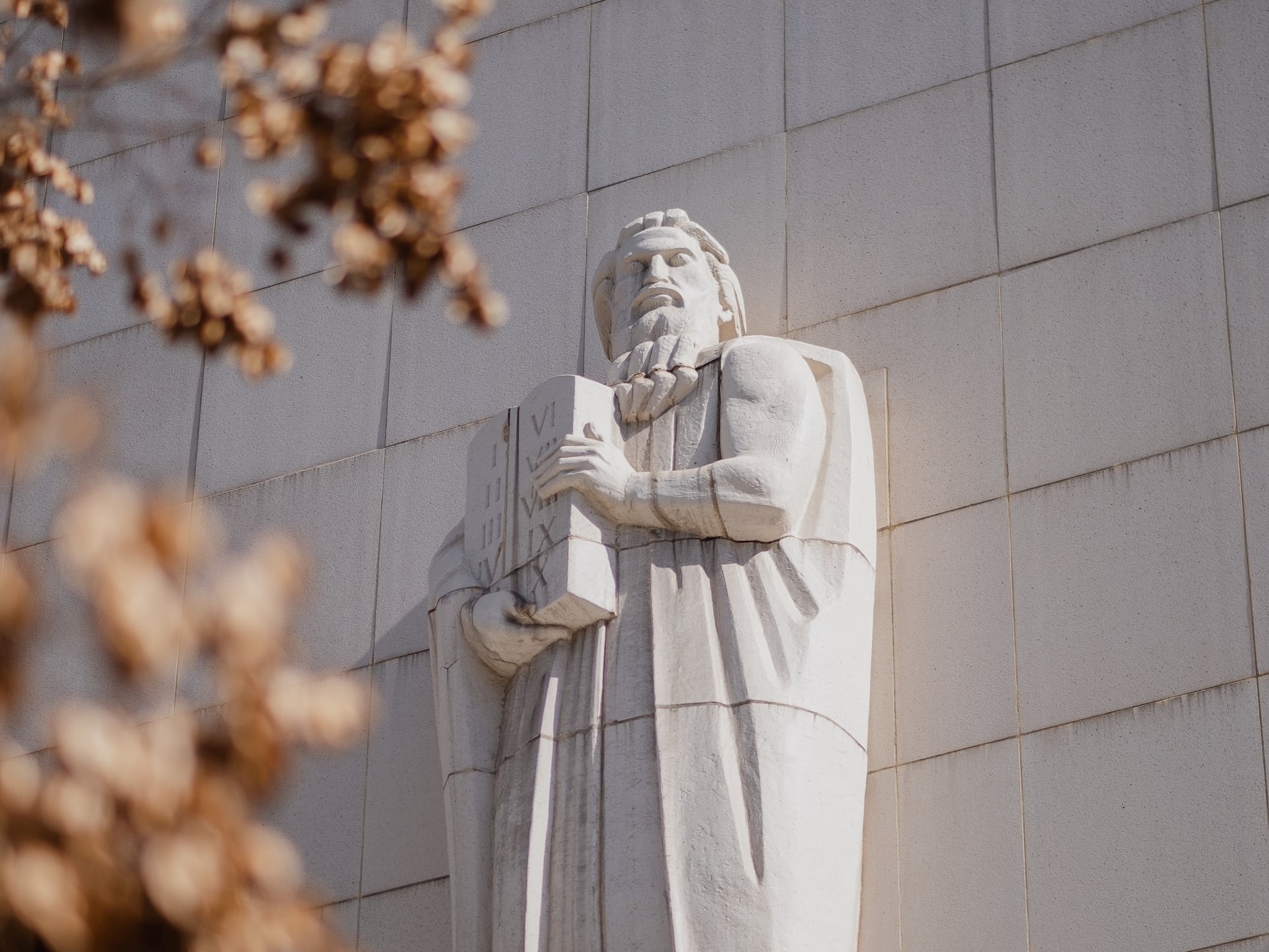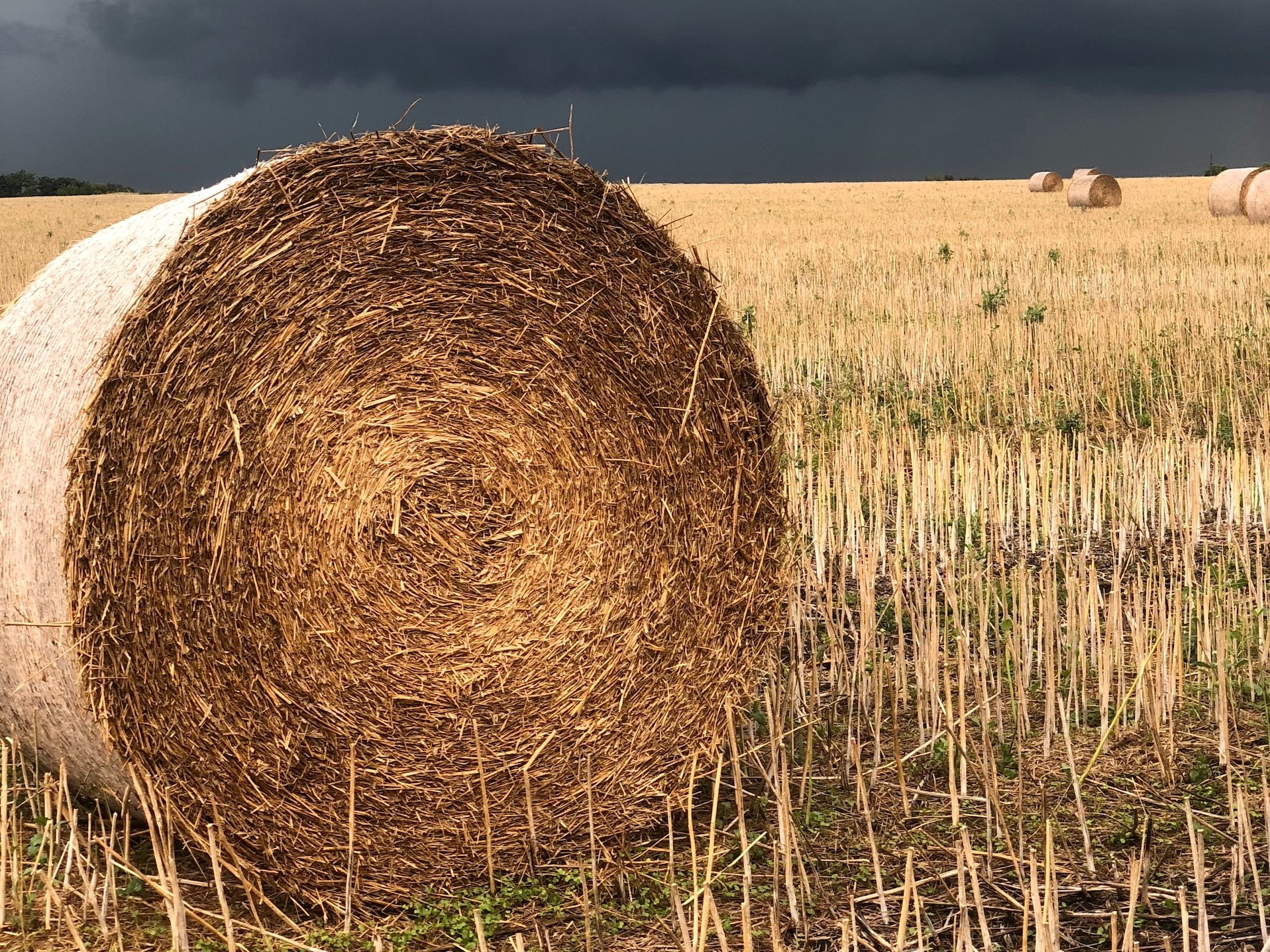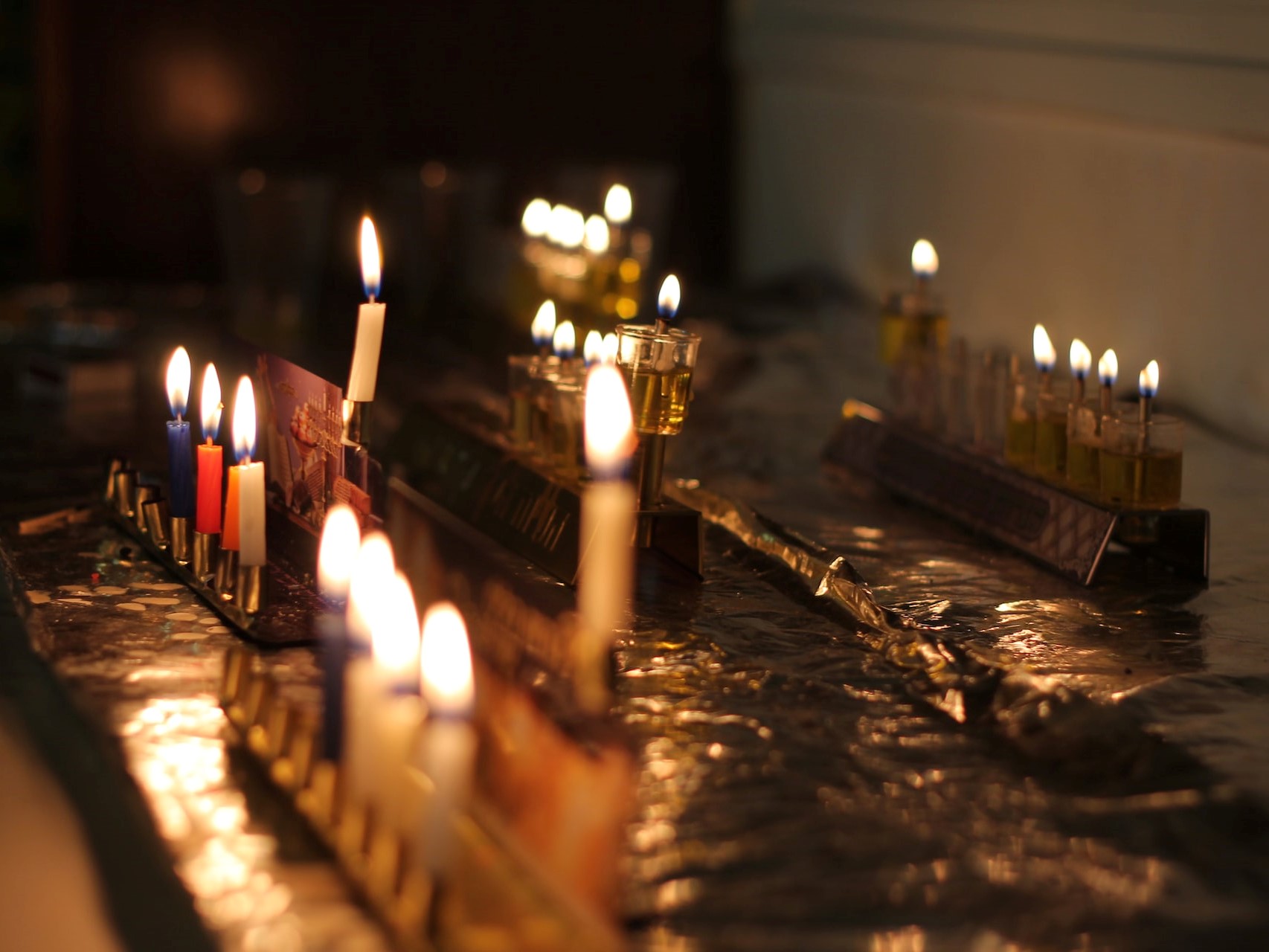Shabbat Weekly Dvar Torah
Feb 10, 2023
I did not grow up in a Shomer Shabbat home, by any stretch. While holiday observance and synagogue membership were important in our family, we never celebrated Shabbat.
Feb 3, 2023
Multipliers debate ideas and decisions with those around them. They don’t provide easy answers and try, instead, to coax direction out of others and empower them. They challenge others to create an intense atmosphere that helps bring out people’s best efforts.
Jan 27, 2023
Throughout the years, as Jews gather to recount the exodus from Egyptian slavery, one passage causes puzzlement, resentment, and embarrassment. It sounds like God purposely makes it impossible for Pharaoh to do the right thing, even if he wanted to.
Jan 13, 2023
If there is any place that represents a toxic environment, it is the Torah’s portrayal of the crucible of Egypt, which not only broke backs, but destroyed souls and spirits. It is a world in which people may survive for a while, but certainly cannot thrive. In this week’s Parashat Shemot, Moses comes to the Hebrew elders with a clarion call of liberation.
Jan 6, 2023
Where is God in my life and why am I stuck in a difficult place?
Will God ever intervene on my behalf, and help me—and all of us—come to a better place? What if I am skeptical if God can rescue at all?
Dec 30, 2022
"We are such stuff as dreams are made on,” wrote Shakespeare. For an elegant enactment of this insight, we can look at the story of Joseph, where his interpretations came not only from prophetic powers, but from the story of his own life.
Dec 23, 2022
Many Jews see Hanukkah as the Jewish Christmas, or the childish celebration of the miracle they're not even convinced took place. But here, too, the tradition seeks not mechanical compliance, but marvel, awe, and wonder at the "miracle" of Jewish history and survival.
Dec 16, 2022
Rabbi Shimshon Rafael Hirsh (19th c Germany) explains that another cognate meaning of the root of the word Chanukah is “chinuch” (education) and the core of the celebration on Chanukah is the concept of education.
Dec 9, 2022
This week’s parsha, Vayishlach, begins with Yaakov (Jacob) returning to the Land of Israel with his family and all his possessions. He knows that he will encounter his brother Eisav (Esau) on the way and the last time he saw his brother, Eisav (Esau) wanted to kill him...
Dec 2, 2022
Art Basel is here and even the most philistine Miamian is out and about commenting on the art they see. For centuries, Jews created art, but it was almost exclusively for practical purposes — beautiful mezzuzot cases, lovely candelabras for Shabbat and holiday candle lighting, seder plates, and the like — because of the second commandment prohibition in Exodus 20:4 against graven images...














